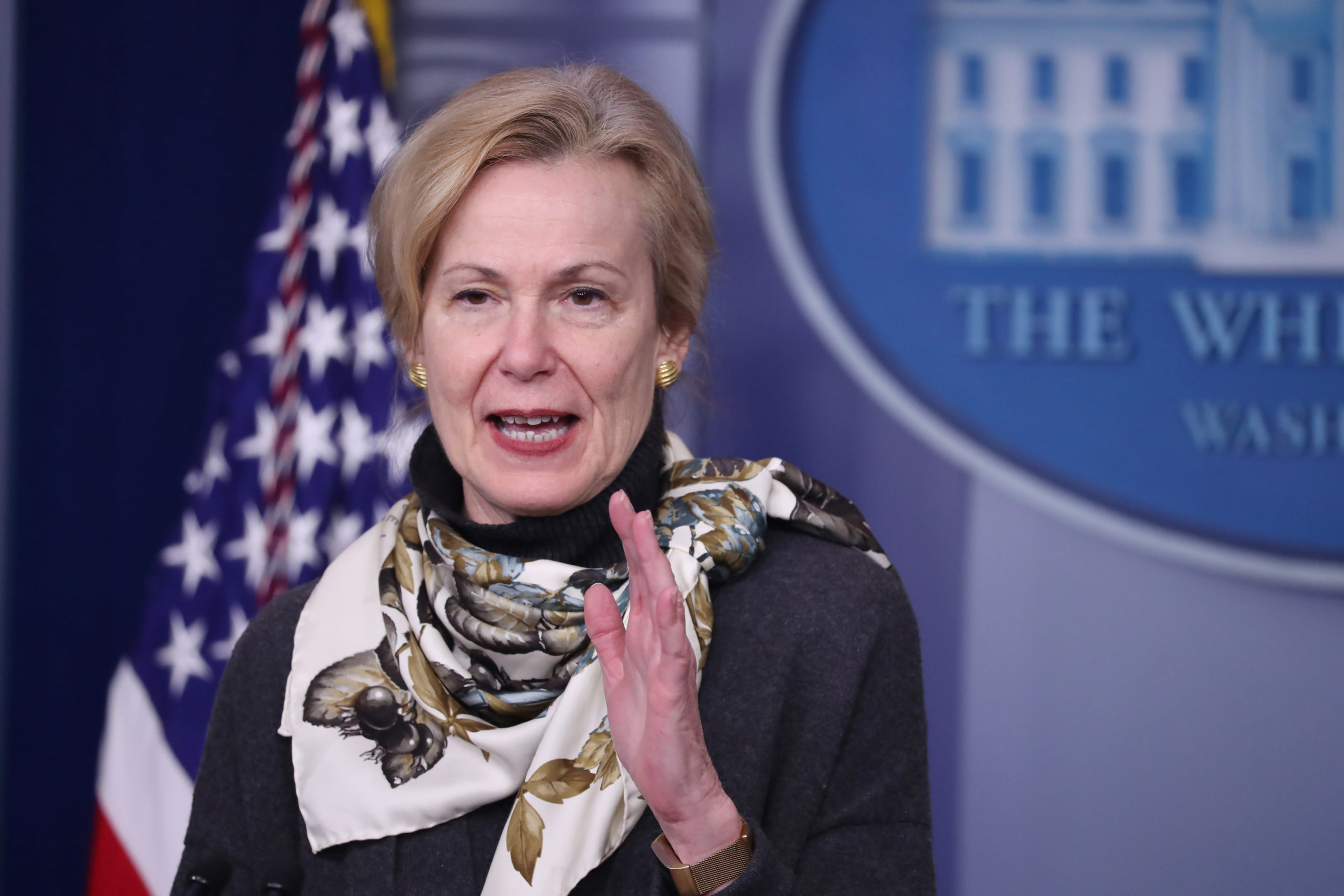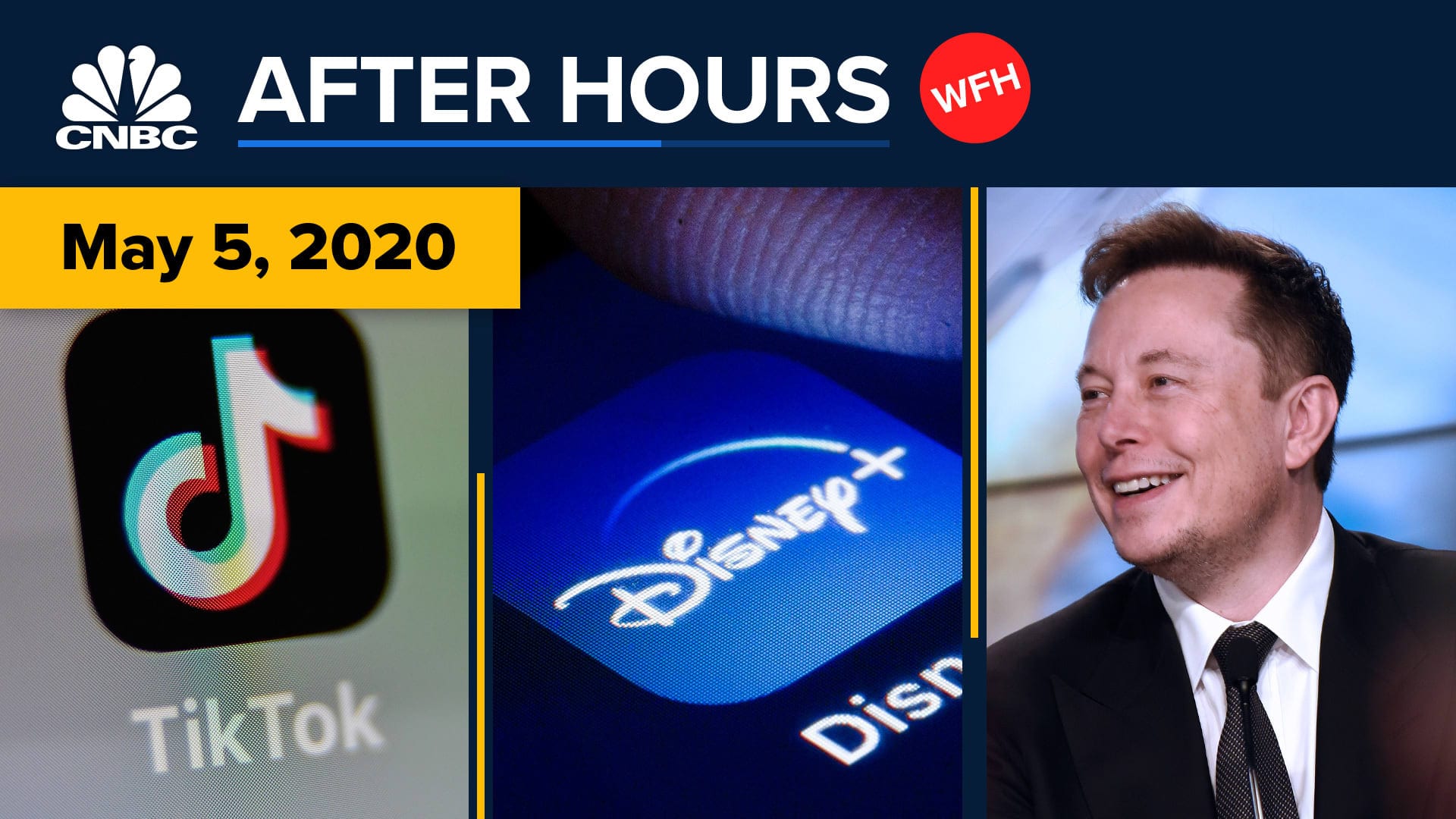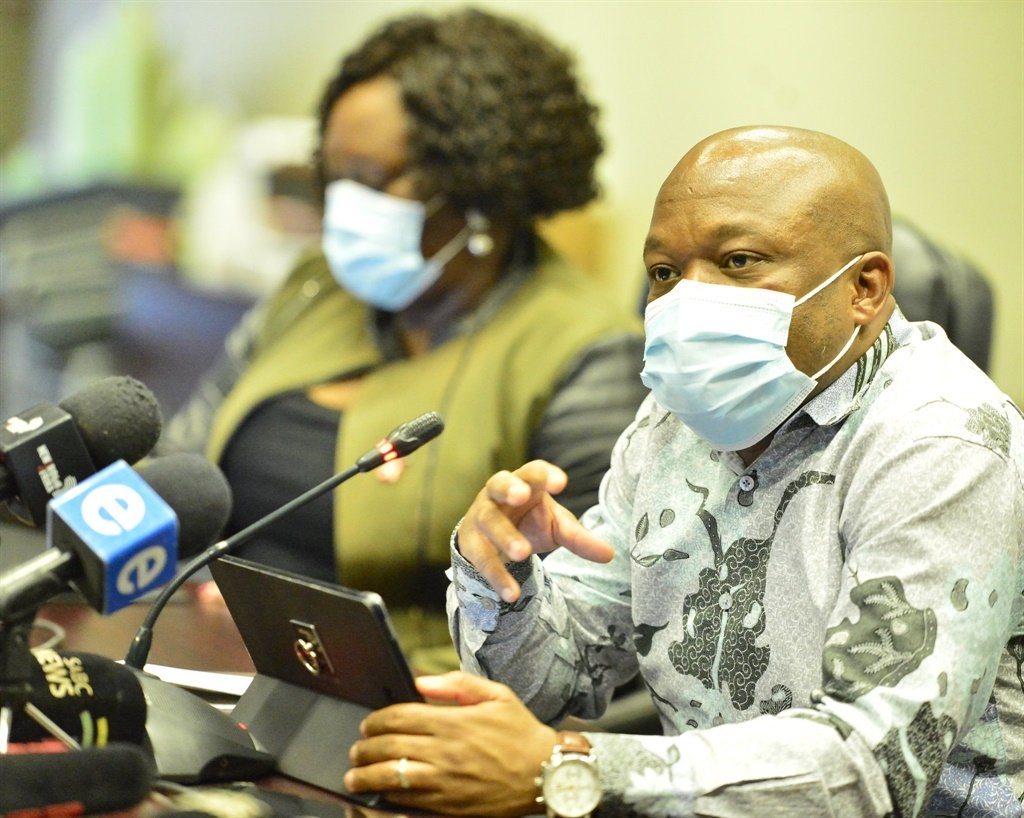[ad_1]
Deborah Birx, coronavirus response coordinator, speaks during a news conference at the White House in Washington, D.C., U.S., on Wednesday, April 22, 2020.
Michael Reynolds | Bloomberg | Getty Images
Dr. Deborah Birx, the White House Coronavirus Task Force coordinator, told NBC News’ “Meet the Press” Sunday that while the coronavirus trends give her “great hope” for slow reopenings over the next few months, many of the social distancing measures that have upended American life will be a constant fixture through the summer.
And, while President Donald Trump and many governors press to re-open the economy, Birx said the U.S. needs a “breakthrough” on coronavirus testing to help screen Americans and get a more accurate picture of the virus’ spread.
Birx said the task force intends to continue working with states to scale up testing for those sick with the virus. “At the same time,” she added, “we have to realize that we have to have a breakthrough innovation in testing” for those who have already had the virus but had either mild or no symptoms.
More from NBC News:
Fauci’s absence from recent briefings draws notice
Trump’s comments on disinfectants left even close aides shocked
WHO warns on lack of evidence for COVID-19 immunity
Birx said that current diagnostic testing, which tests a sample from someone’s nose or mouth for evidence of the live virus, can “carry us through the spring and summer.”
But she added that there needs to be a significant breakthrough with antigen testing, which can discover whether someone had already had the virus and can help “screen large numbers of individuals quickly.”
Identifying a better understanding of the extent of the virus’ spread is one key to ultimately relaxing restrictions that have hamstrung both the American economy and American life, even as the World Health Organization warned Saturday that that there’s no clear evidence that someone who recovered from COVID-19 is immune from developing a second infection.
Birx also addressed Trump’s recent musings about whether disinfectant or using ultraviolet light could help as a treatment for those infected with coronavirus, comments Trump later said were sarcastic. On Saturday, she told Fox News that the president was “digesting” information about a recent study about the effect of sunlight on the virus, comments she reiterated Sunday.
“I also made it very clear, and so has Dr. Fauci and everyone associated with the task force, and the clarity around this is not a treatment,” she said.
“All of us are very clear and very clear in our discussions with the American people how we are looking and utilizing data to drive decision-making within the task force.”
Birx voiced some optimism about the country’s direction. Days after Vice President Mike Pence suggested that the virus will be largely “behind us” after Memorial Day, she told “Meet the Press” that new modeling based off of the virus’ progression in America is promising.
“Previously, we were using models based on data from around the world, now we are very much tracking every single outbreak in the United States separately,” she said.
“If you look at these outbreaks over time and you look at places like Louisiana, if you look at Houston, if you look at Detroit, if you look at how they’ve reached their peak and come down and what those cases look like as they come down, it gives us great hope when you project out Boston and Chicago and certainly the New York metro.”
“Social distancing will be with us through the summer to really ensure that we protect one another as we move through these phases,” she added.
But there’s been criticism that some states are moving too fast in seeking a return to some normalcy. Even Trump reversed course last week to blast Gov. Brian Kemp, R-Ga., for his decision to allow some businesses to re-open, criticism that came after Trump declined to take a swipe at Kemp’s order one day prior.
Asked whether she’s concerned some governors might move too quickly, Birx said, “I’ve had really very good conversations with a series of governors. And they’ve really been very insightful of how they’re looking at this. They understand the risk. And they talk about this not as turning on a light switch, but slowly turning up the dimmer. Very slowly.”

















